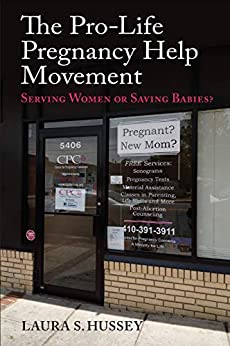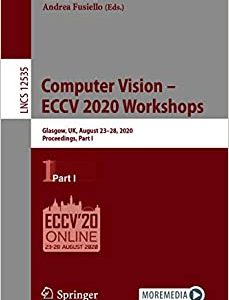The work being performed at pro-life pregnancy centers, maternity homes, and other charitable agencies is, Laura S. Hussey suggests, distinguished by several strategic features: it is directed at non-state targets, operates in largely privatized venues, employs service provision as its primary tactic, and aims to address causes popularly associated with its countermovement such as women’s (including poor women’s) wellbeing and empowerment. The motives and nature of the services such pregnancy centers deliver have become the subjects of competing political narratives—but, until now, very little empirical research. A rich, mixed-method study including data from two original national surveys and extensive interviews, Hussey’s book adjudicates these opposing views even as it provides a measured look at the identity, work, history, and impact of pro-life pregnancy centers and related service providers, as well as their relations with the larger American antiabortion movement.
To what extent is pro-life pregnancy help work primarily geared to serving women versus “saving babies?” Pursued in these pages, the answer has broad implications for the wider study of social action and the pro-life movement, and for the future of the American abortion conflict.











